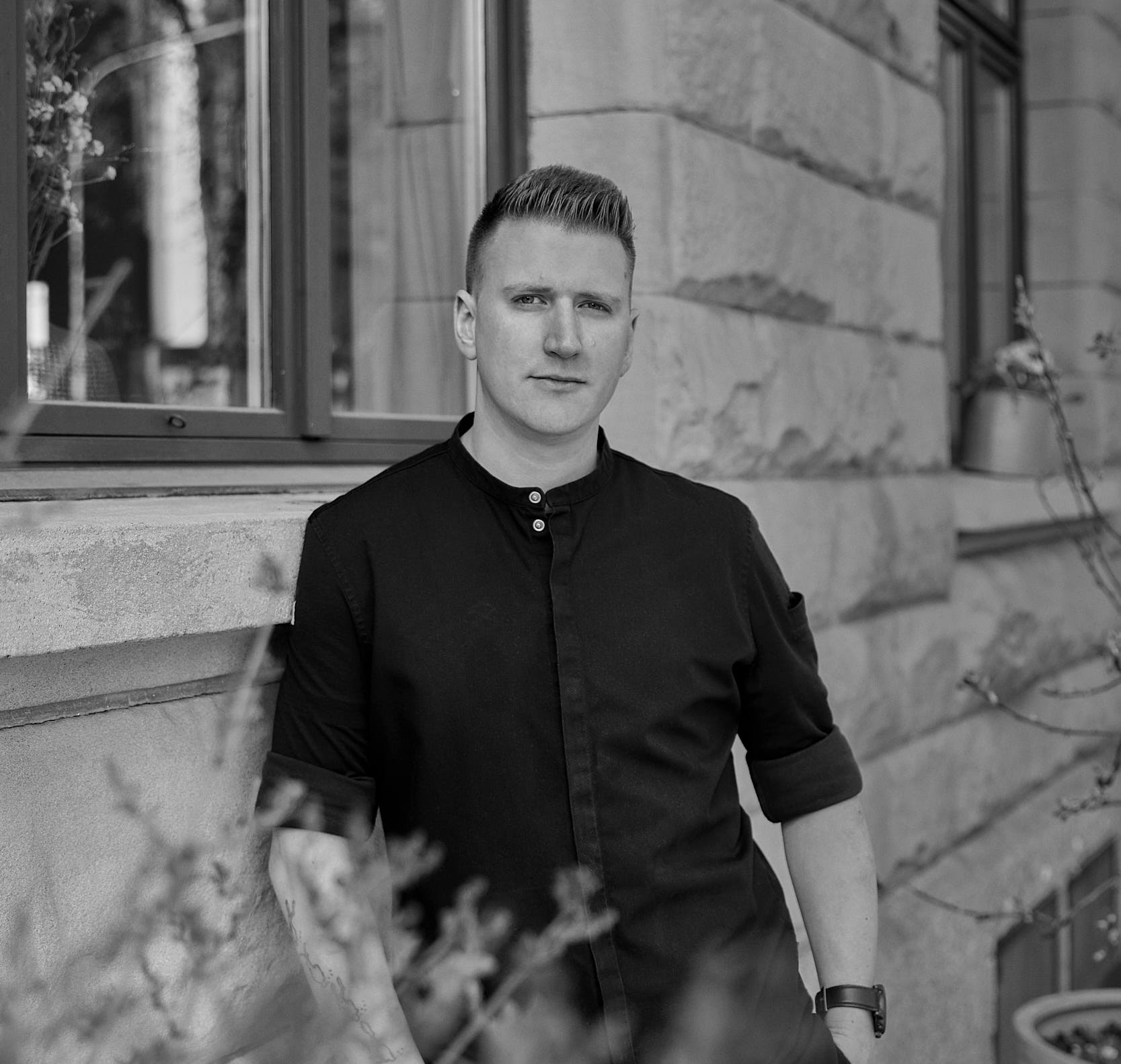Discover more SoToSo Restaurants!
Equi Table
Article in collaboration with team EquiTable
© Studio Seghrouchni
Culinary creations celebrated in puristic simplicity, with great attention to detail in the highest perfection.
The restaurant EquiTable combines products from fair trade with the regional basket. Equitable embodies sustainability as a lifestyle and offers a gourmet experience with healthy and natural taste worlds that should sustainably shape both guests and producers.
EquiTable, led by Julian Marti, places great emphasis on keeping the supply chain simple and being as close to the producers of their market-fresh products as possible. This gives participants the certainty of knowing exactly where the products come from and how they were produced. A direct supply chain is also climate-friendly. They are committed to further optimizing this to offer guests the most environmentally friendly products possible.
EquiTable pursues four goals:
- Greatest enjoyment thanks to sustainable products and innovative cuisine.
- Visibility and increased market share for fair trade, organic, regional, and specialty products.
- Climate-friendly corporate policy and compensation for CO2 emissions.

Julian Marti (Head Chef and Managing Director)
© Studio Seghrouchni
FOCUS TOPICS
Seasonal and Regional Cuisine
Julian Marti and his team exclusively cook with regional and seasonal ingredients, consistently combining this with organic produce.
Food Waste / Food Utilization
They strive to maximize the use of every product and process it as extensively as possible, such as turning it into stocks, sauces, and powders.
Organic Products and/or Other Sustainable Labels
Equitable uses only organic products in their kitchen.
Use of Fresh and Minimally Processed Ingredients
Everything is prepared fresh: vegetables, fruits, meats, and fish.
Close Relationship with Regional Producers
EquiTable maintains a very close relationship with their producers. They work closely with Patrick Marxer from DasPure, Pico, and SlowGrow.
Vegetarian / Plant Based Cuisine
Their menu always includes vegetarian dishes. However, plant-based cuisine is not yet the main focus.
Utilization of the Whole Animal
They regularly use second cuts or offal, which are then incorporated into the menu.
Fair Working Atmosphere & Compensation System
There are no 14-hour days, and they create a pleasant working atmosphere for everyone. Employees benefit from good working hours, afternoon breaks, and fair distribution of tips.
Employee Well-being
There's open communication within the team, and there's a very good relationship among team members.
Attention to Sustainability in Kitchen and Restaurant Equipment
The equipment, such as chairs and tables, is sourced from Switzerland.
THEIR PRODUCERS
-
dasPure
Meat, fish, miso, shoyu, and garum
DasPure is the delicatessen manufacturer in Wetzikon ZH. Patrick Marxer and his team refine food products. Sustainability, organic cultivation, and innovation are at the heart of their production. All of their carefully selected products meet the high standards of responsible environmental stewardship. -
Pico
Vegetables and hardware
Beat Ledermann and his company represent not only a wholesale service at the highest level but also engage with small businesses in the greater Zurich area. They supply various farms and restaurants with deliveries of vegetables, fruits, and grains. -
Slow Grow
Vegetables and flour
The innovative way of farming is reflected not only in the end product. Those who have known the farm since Matthias and Sam took over can also see the development of the surroundings. Innovation is not only seen in cultivation but also in distribution and interaction with customers. SOLAWI, or Solidarische Landwirtschaft (Solidarity Agriculture), involves society in the activities of the two pioneers.

